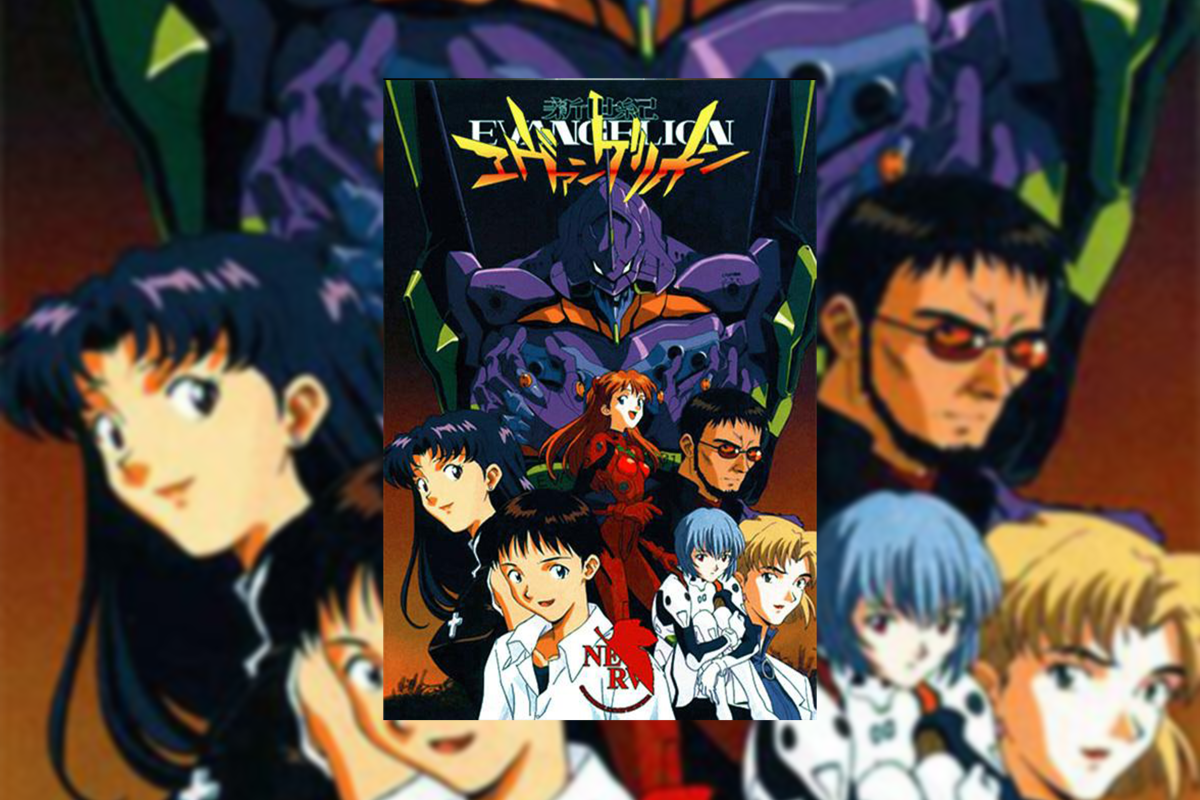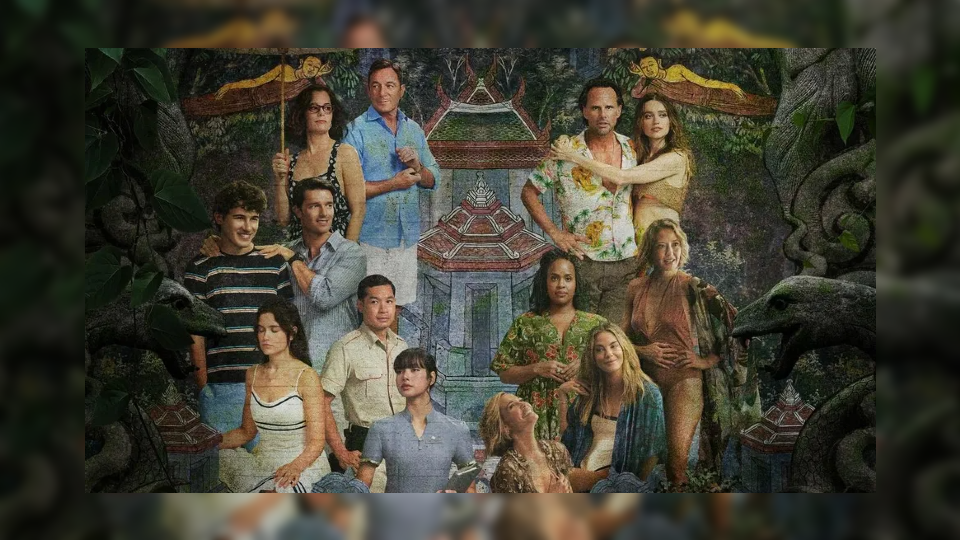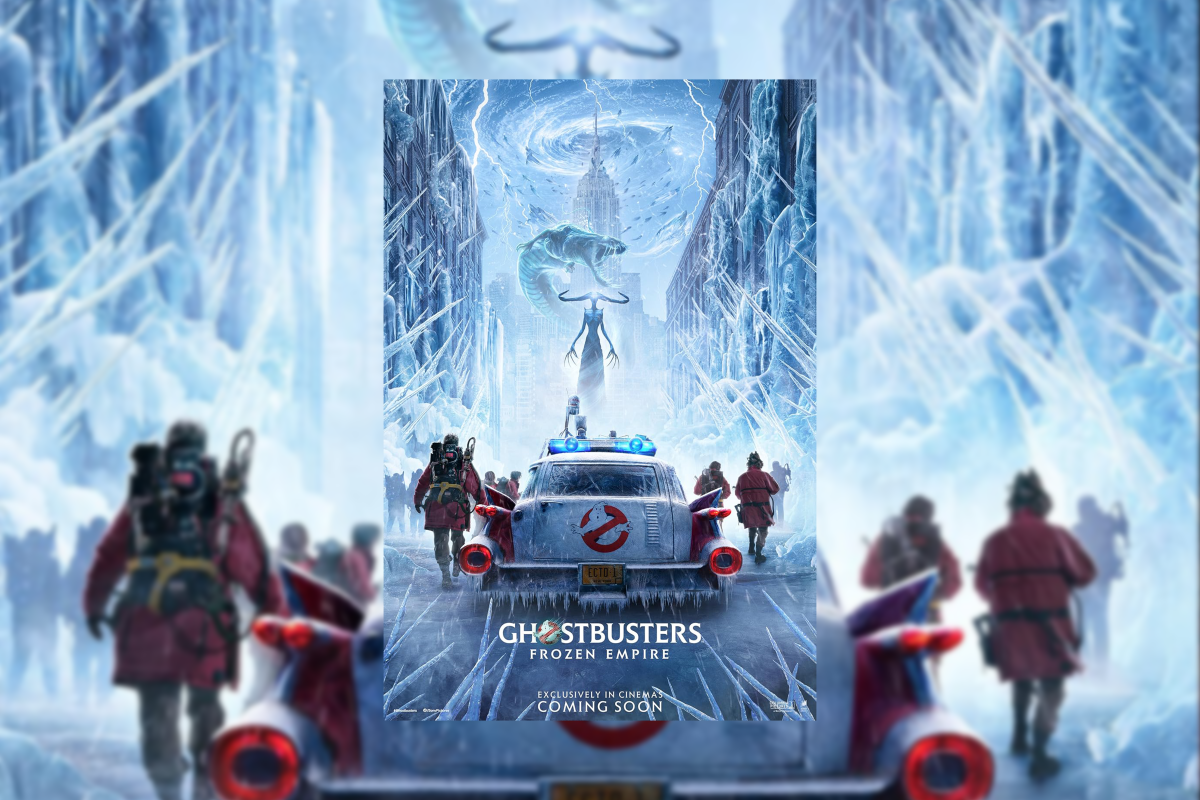It would be unfair to claim that “Neon Genesis Evangelion” is as ubiquitous in Japan as “Star Wars” is in America. “Evangelion’s” influence, with all of its fighting robots, is far greater. It’s probably more parallel to a religion than it is a cartoon.
This spring, Netflix subscribers will have unlimited access to Hideaki Anno’s seminal 1996 anime series, and a new generation of viewers will have to get in the “effing” robot. Often hailed as one of Japan’s most influential works, this anime is still just as confusing, divisive, and culturally profound as it was in its first television broadcast over twenty years ago.
The story takes place in the year 2015 in the city of Tokyo-3, where fourteen-year-old Shinji Ikari is recruited by his estranged father to pilot a bio-machine known as an Evangelion for the shadowy organization NERV. In this capacity, he is tasked with protecting the city from the destruction of “Angels.” Also piloting Eva are teenagers Rei, Asuka, and Kaworu, all with their reasons for taking on such a dangerous task despite the extreme resulting harm.
Despite its identifying upbeat opening theme song and the myriad of internet memes that its story has birthed, NGE’s story is bleak. During series production, Anno became disillusioned with the animation industry and the “otaku” (anime fanatic) lifestyle. His own story’s tone followed suit, descending into deeper and darker depths of the characters’ minds. Ultimately, NGE’s controversial final two episodes occur entirely within Shinji’s consciousness, the result of Anno’s fractured emotional state and loss of production budget.
Though the series’ conclusion is somewhat positive, it hinges upon nihilism. Shinji must experience the collapse of his world, and disregard his individualism, to find internal peace.
Throughout its 26-episode run, NGE touches upon issues of self-esteem, exceptionalism, and instrumentalization of others, without ever attempting to deal with them. A common motif is the “hedgehog’s dilemma,” or the inability to get close to another person without hurting them or getting hurt. Extremely sensitive to rejection, Shinji believes himself to be a coward and a “completely unnecessary person,” a state exacerbated by the neglect of those around him. Shinji’s father Geno values Shinji only so far as he is useful to NERV. Meanwhile, Kaworu, the only representation of unconditional love that Shinji has ever known, is killed by Shinji himself, crushed in the palm of his Eva. There are no easy resolutions to these issues within the series, as there are no easy resolutions to depression, guilt, and grief in real life.
“Fundamentally, Eva is just my life copied out onto film,” Anno said. “I’m alive, so the story hasn’t finished.”
Here, he taps into why Evangelion has resonated with so many people for so many years; we can all see ourselves in Shinji’s cowardice, in Asuka’s posturing, in Rei’s apathy, in Gendo’s cruelty, in Kaworu’s love.
As NGE is fundamentally different from all works of anime before or after it, how it is beloved by its fans is different as well. As Eva crashes through the streaming devices this spring, “Evangelion” will wedge itself into the cultural lexicon of a new host of viewers. In an age of increasing social isolation in tandem with the rise of social media, many may find a mirror within Shinji. In turn, they may understand that they are not truly so alone.
For questions/comments about this story, email [email protected] or tweet @TheWhitOnline.

























































































































































!["Working with [Dr. Lynch] is always a learning experience for me. She is a treasure,” said Thomas. - Staff Writer / Kacie Scibilia](https://thewhitonline.com/wp-content/uploads/2025/04/choir-1-1200x694.jpg)















































